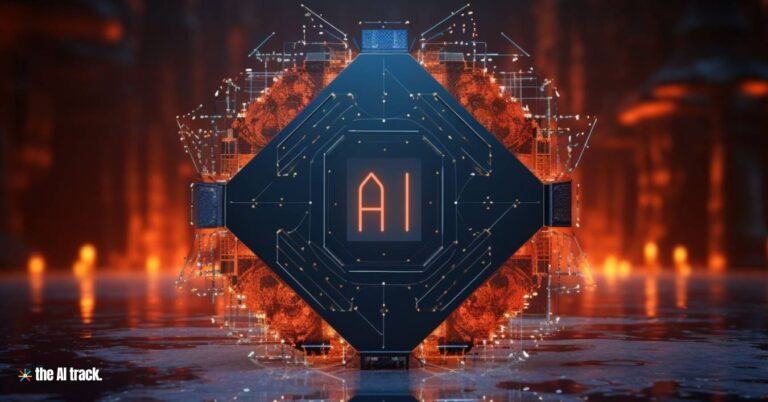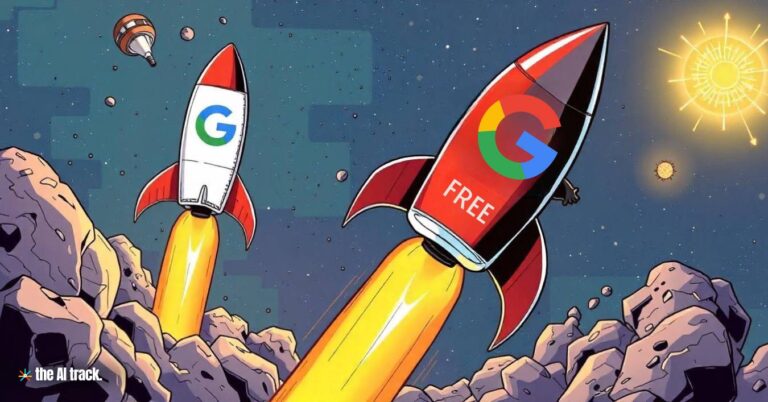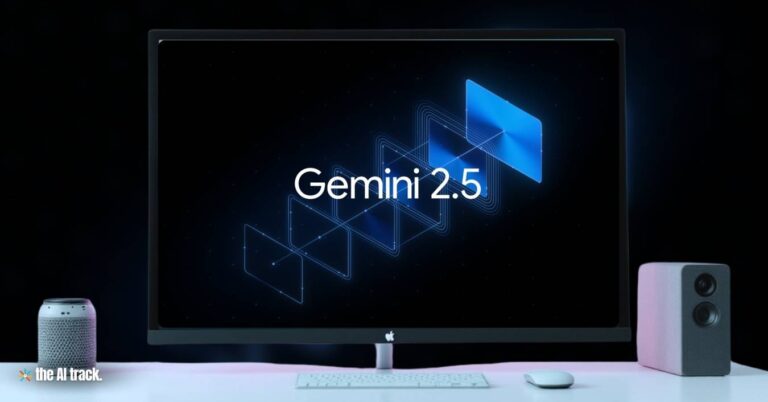Google has introduced the “AI co-scientist,” a multi-agent AI system designed to collaborate with human researchers. Leveraging Gemini 2.0, this system mirrors the scientific method, generating hypotheses, reviewing literature, designing experiments, and accelerating scientific and biomedical discoveries.

Google Introduces AI Co-Scientist – Key Points
- Introduction of AI Co-Scientist: On February 19, 2025, Google introduced “Co-Scientist,” an advanced AI system built on Gemini 2.0. Unlike traditional AI-powered research tools, it operates as a multi-agent system, actively participating in the scientific process by proposing novel hypotheses, synthesizing research, and optimizing experimental design.
- Multi-Agent System Inspired by the Scientific Method: The AI Co-Scientist functions through specialized agents—Generation, Reflection, Ranking, Evolution, Proximity, and Meta-Review—each performing distinct roles. These agents collaborate iteratively, refining research outputs based on automated feedback loops, leading to increasingly novel and high-quality scientific insights.
- Collaborative Functionality: Scientists interact with the AI using natural language, specifying research goals, providing feedback, and integrating their expertise into the iterative process. The system is designed to enhance human decision-making rather than replace it, ensuring researchers maintain control over hypothesis validation and experimental design.
- Transdisciplinary Capabilities: The AI Co-Scientist is uniquely suited for tackling challenges that require integrating knowledge from multiple scientific domains. This is crucial in fields like molecular biology, where groundbreaking discoveries—such as Emmanuelle Charpentier and Jennifer Doudna’s Nobel-winning CRISPR research—emerged from cross-disciplinary collaboration.
- Proven Effectiveness: Early testing with institutions like Stanford University and Imperial College London has demonstrated the AI’s potential. At Imperial College, researchers tested the system with previously solved scientific challenges. The AI independently arrived at the same hypotheses and conclusions in a fraction of the time, reinforcing its role as an effective research accelerator.
- Use in Critical Research Areas: The AI Co-Scientist has already contributed to studies on antimicrobial resistance, a major global health threat identified by the WHO. By streamlining the hypothesis-generation process, it enhances research efficiency and facilitates faster breakthroughs in addressing complex global challenges.
- Advanced Research Planning and Execution: The AI system includes a Supervisor Agent that dynamically assigns tasks to specialized agents, allowing flexible compute scaling and iterative scientific reasoning. Additionally, the system integrates external tools like web search and domain-specific AI models, further strengthening the credibility and relevance of its findings.
- Evaluation and Expert Validation: Google conducted rigorous assessments, having scientific experts propose 15 complex research questions to evaluate the AI’s effectiveness. The AI Co-Scientist consistently outperformed existing research tools, receiving higher ratings for its ability to synthesize complex subjects and propose viable novel hypotheses.
- Ethical Considerations and Limitations: While Google emphasizes safeguards, concerns remain regarding attribution, accuracy, and responsible AI use. The system’s ability to generate entirely new research directions raises questions about crediting AI-driven discoveries and ensuring transparency in scientific publishing.
- Access and Availability: Currently, Co-Scientist is available exclusively to selected researchers through Google’s Trusted Tester Program, comprising approximately 20 principal investigators. Google plans to expand access, though broader availability details remain undisclosed.
- Deep Search Enhancements in AI Research: Recent advancements in Deep Search features by major AI developers have further expanded the research landscape. Tools from OpenAI (ChatGPT Deep Research), Google, Perplexity’ AI Deep Search and emerging competitors like xAI now incorporate multi-step, autonomous web browsing and data synthesis capabilities. These Deep Search features enable AI models to generate comprehensive, cited reports in minutes—much like a research analyst. With improved integration of reasoning and search, these tools are rapidly enhancing AI research efficiency, allowing researchers to tackle complex inquiries with unprecedented speed and depth.
Why This Matters:
Google’s AI Co-Scientist represents a paradigm shift in research methodology. By simulating the scientific reasoning process, integrating cross-disciplinary insights, and rapidly analyzing literature, it has the potential to transform fields such as biomedical research, climate science, and materials engineering. Its collaborative nature ensures human expertise remains central while dramatically accelerating the pace of discovery. As AI-driven scientific collaboration advances, it may redefine traditional research approaches, enabling breakthroughs at an unprecedented scale.
What is Artificial Intelligence? How does it work? This comprehensive guide will explain the basics of AI in a clear and concise way. We’ll cover topics such as machine learning, deep learning, and natural language processing. We’ll also discuss the ethical implications of AI and the future of AI technology.
Read a comprehensive monthly roundup of the latest AI news!







